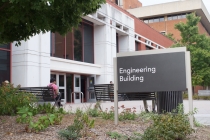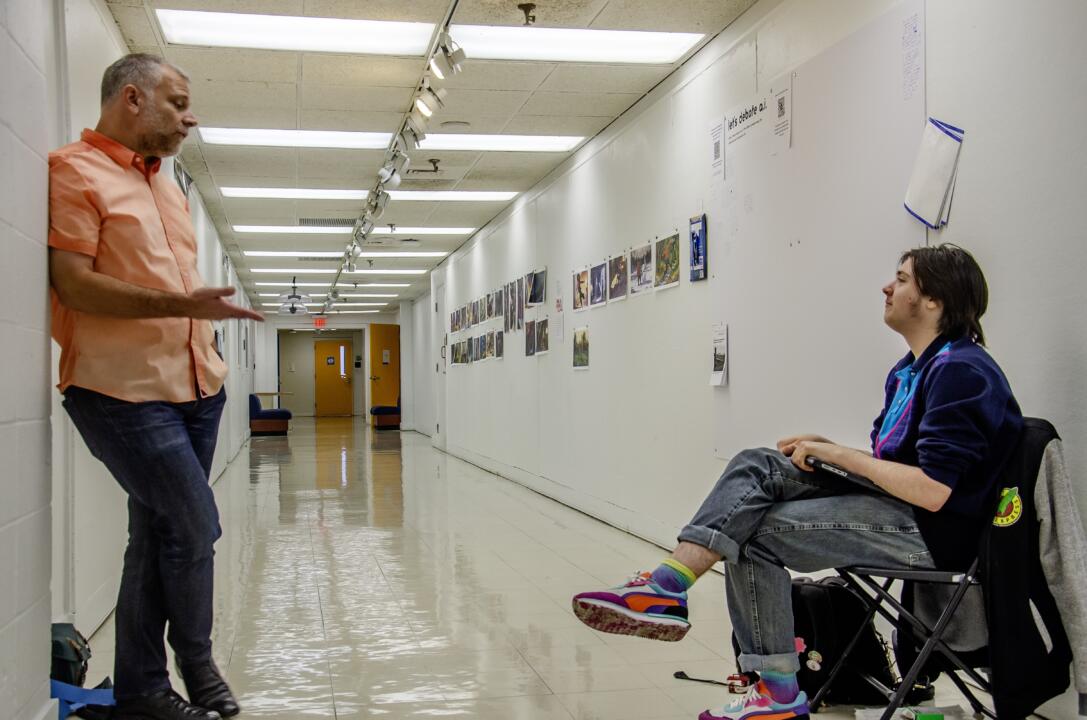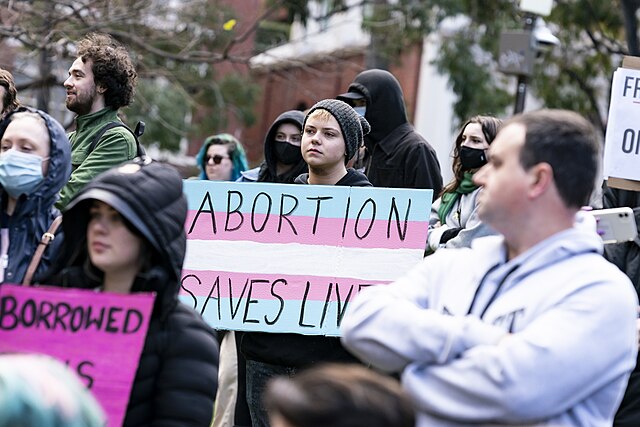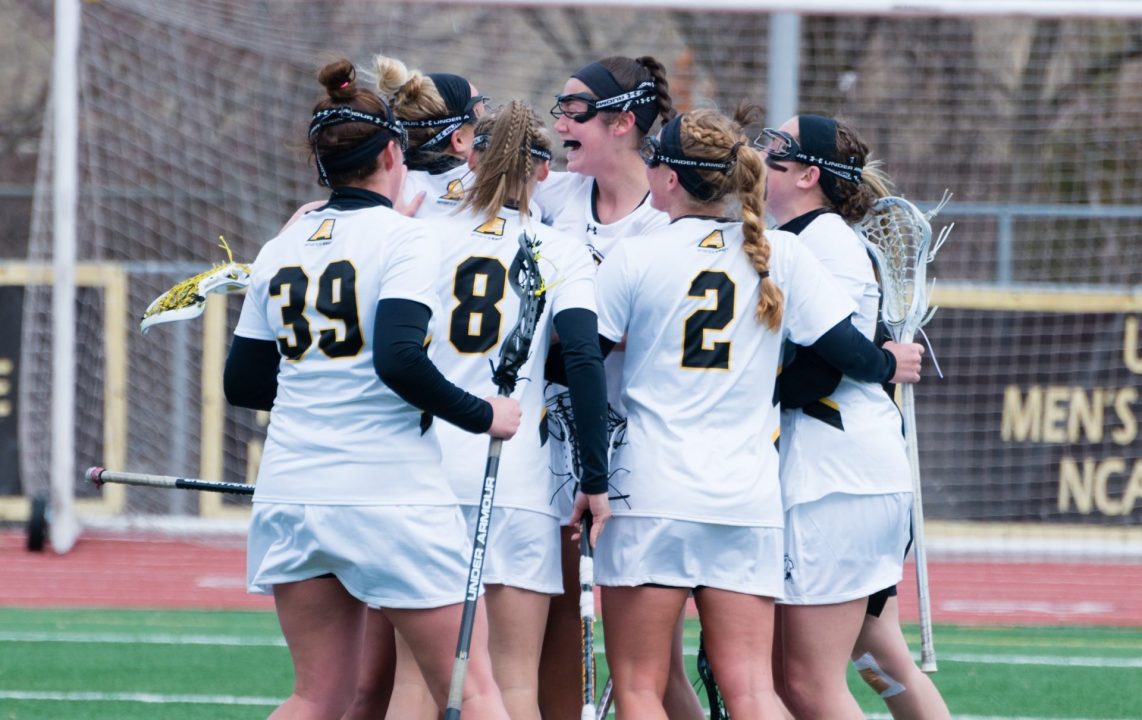UMBC’s very own Gymama Slaughter, a professor of computer science and electrical engineering, was recently awarded a $1.5 million research grant by the U.S. Army Medical Research and Material Command to develop bioreactors that will extend the viability of organs after they’ve been harvested for transplant, giving doctors an adequate amount of time to conduct successful transplants.
In an interview, Slaughter discussed the short time frame surgeons face when conducting organ transplants. When organs are harvested, doctors typically have under 24 hours to get the organs from the harvest site to the transplant site and successfully carry out the transplant. By that point, organs may have deteriorated to a point where they can no longer be used for transplant.
Slaughter hopes that the development of these bioreactors, if successful, will be able to extend the time-frame from 24 hours to 72 hours, giving doctors a sufficient amount of time to be able to fully organize the transplant and successfully carry out the procedure.
She has been given a three-year timeline by the Department of Defense, in which she will develop bioreactors that will be able to assess the organs’ bio-physical cues in real time and monitor certain biological markers. If the cues indicate that an organ could be deteriorating, they will begin to introduce nutrients that will extend the organs viability.
Students involved in the research feel like this experience is incredibly rewarding. Ressa Reneth Sarrea, senior computer engineering major, said that “the research itself has been really fulfilling.” She began working with Professor Slaughter under the supervision of one of her graduate students, but has recently been given more independence.
“Progress can be slow at times, but it’s the best feeling when something does go right, and that feeling reminds me that this work is leading somewhere that may help people out,” Ressa said in an email about the research.
The project is still in its early stages of development. Professor Slaughter says that currently, her main priority is working on the construction of the biosensors and a design for the bioreactor. She and her team hope to complete a prototype during the winter of 2017.
Ressa and many of Slaughter’s other students working on the project say they feel themselves growing as researchers, and genuinely feel like they’re making a difference. “Professor Slaughter is a really great research mentor; she knows when to be more lenient and understanding and she knows when to be more critical and enforce higher expectations,” said Ressa.
Slaughter stated that her primary motivation for developing these bioreactors is to help injured soldiers and veterans. She hopes that with the development of her research, veterans will be able to return to daily activities, reintegrate into society and go on to lead highly productive lives.



